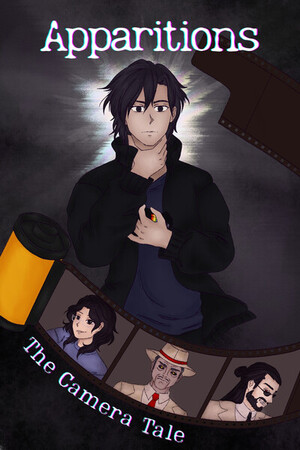Chapter 39:
Healing Emotional Wounds
Midnight Blue Moon
“It’s not fair,” she finally whispered, her voice barely audible above the crackling fire. The words hung in the air, heavy with unspoken accusations directed at fate—the cruel hand of destiny that had snatched so many from their grasp. Ronan nodded, his throat tight with unshed tears. “No, it isn’t,” he agreed, his voice rough with emotion. “But fairness is a luxury we can't afford right now. We have to find a way to live with this pain, to honor their memories by moving forward.”
His words were a lifeline, a beacon of hope in the oppressive darkness of her despair. He understood her pain not merely as a leader, but as a fellow mourner—someone who had also lost a piece of his soul in the battle. This shared experience created an unbreakable bond, strengthening the foundation of their leadership and personal connection.
Over the next few weeks, Azalia found herself drawn to the quiet solitude of the forest, seeking solace in the gentle rustling of leaves and the murmur of the stream. She spent hours tending to the wounded flora, her touch infused with a healing magic that extended beyond the physical realm. Each plant she nurtured became a metaphor for her own healing process—a slow, painstaking restoration.She revisited the battle site, not to dwell on the horrors, but to collect the scattered remnants of life—a broken sword, a faded banner, a single untouched flower. Each item became a physical representation of the lives lost, a tangible reminder of her commitment to keeping their memories alive. She meticulously cataloged these pieces, creating a makeshift memorial that echoed the ongoing restoration of her emotional scars.
One day, while exploring a hidden grove, she stumbled upon Lucian, his face shrouded in the shadows of his ancient eyes. He hadn't been seen much since the battle; his immortality offered little comfort. He was, as ever, the stoic guardian, but the stoicism felt different—worn thin. It wasn't the impenetrable shield she was used to; rather, it resembled a crumbling fortress, his centuries of experience failing him against this new depth of sorrow.
He looked up as she approached, a flicker of recognition in his eyes. He didn't speak but offered a quiet nod, a gesture of acknowledgment. His silence was more comforting than any words could have been—a sign that he understood the silence of her sorrow. He knew that her healing wouldn’t be swift or painless, that it would require patience and a profound commitment to self-care.
They sat in comfortable silence, sharing the weight of their shared grief. Azalia expressed her thoughts about the healing she was performing on the land, noting that it mirrored her own journey. The slow recovery of the forest felt much like her own internal turmoil. Lucian spoke of the passage of time and how even the most devastating events would eventually fade into memory, their sharp edges softened by the relentless march of time. He emphasized the importance of memories, noting how they have the power to both wound and heal.
Their shared sorrow and long conversation fostered a new level of intimacy between them—an understanding that transcended their differences and individual experiences. It was a deep and abiding camaraderie, born not just in the heat of battle but in the cold embers of grief and loss. They helped each other carry the weight of their collective sorrow, their shared silence becoming a haven of peace and mutual support.
Lyra, too, sought solace in solitude; her powerful storm magic subdued, and her spirit dimmed. The raw power she had unleashed had left her drained, both physically and emotionally. The echoes of the battle and the images of her fallen comrades haunted her dreams, leaving her weary and depleted.
Azalia sought her out, offering a hand of friendship and quiet companionship. She understood Lyra’s guilt and her profound sense of responsibility for the scale of destruction that her magic had unleashed. She reminded Lyra that the storm was not merely a force of chaos but also a part of the healing process they all needed to embrace.




Please sign in to leave a comment.